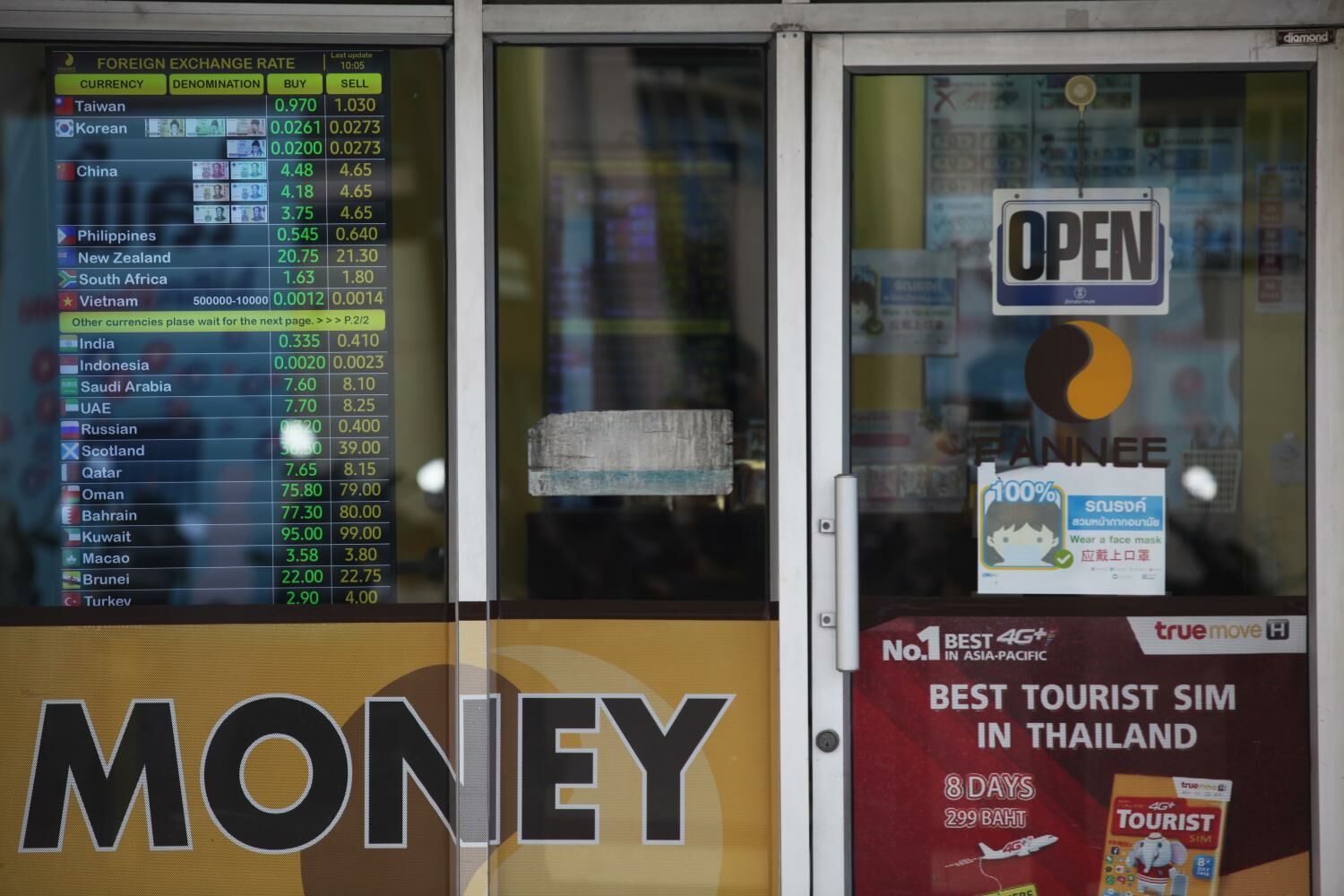Thai baht instability rises due to political unrest

Political unrest is heightening baht oscillations against the US dollar, as Thailand finds itself without a stable government, the head of the Bank Thailand asserts.
This turbulence introduces a greater risk factor amongst investors who are observing the foreign exchange rate, particularly between the baht and the US dollar, in light of Thailand’s current political developments. Post Thailand’s General Election in May, political factions continue to bicker about the newly formed government.
Sethaput Suthiwartnarueput, the central bank governor, at a seminar hosted by its southern region office yesterday, stated…
“Given these underlying risks and vulnerabilities, the baht has witnessed irregular movements against the dollar.
“The main factor driving the recent baht volatility is the movement of the US federal funds rate (the monetary policy of the US Federal Reserve). However, domestic political uncertainty also plays a significant role, contributing to the pressure on the baht’s changing value against the dollar.”
Year-to-date, the baht has seen a depreciation of 9% against the US dollar, which surpasses the fluctuating value of the Malaysian ringgit, Indonesian rupiah, and the Philippine peso.
In the Asian continent, it is common for Japan’s yen and South Korea’s won to experience greater volatility against the greenback when compared to regional currencies.
Furthermore, the Chinese yuan also impacts the baht due to the significant business exposure between China and Thailand, spanning across sectors such as imports and exports, tourism and foreign direct investment, reports Bangkok Post.
Adding to this, Sethaput pointed out that the local gold trade in Thailand also influences baht movements.
Sethaput emphasised the central bank’s encouragement for businesses to employ foreign exchange hedging, utilise foreign currency deposit accounts for liquidity management, and utilise local currency settlements. These tools will aid business operators to lower foreign exchange risks in times of fluctuating baht value.
The central bank head said the weak recovery in the Chinese economy is increasing uncertainties for both global and Thai economies.
“The Chinese economic structure, particularly the real estate sector and quick private sector loan growth, is showing more fractures.”
In view of these uncertainties, Sethaput advised entrepreneurs to establish stronger buffers to tackle unexpected situations, rather than concentrating on cost efficiency. He also cautioned them to keep debt levels appropriate.
Sethaput reassured that a stagnant Chinese economy in Q2 would not significantly affect Thailand’s tourism, as other markets such as Malaysia remain lively.
The central bank’s projection for foreign arrivals this year stands at 29 million and predicts a figure of 35.5 million for 2024.
A robust recovery in the tourism sector, along with steadfast domestic demand, has been recognised as the key drivers for Thai’s recovery this year, especially as export orders decelerate.
Reflecting on Thailand’s political landscape, Sethaput confirmed that the delay in establishing a new government would not affect the Bank of Thailand’s monetary policy. As he pointed out, the central bank had already started to gradually increase its policy rate from August last year, edging towards what it calls the neutral zone.
“The smooth take-off of the Thai economy was accomplished last year. We are currently in the phase of a soft landing. ”
In the future, the central bank plans to rely on economic data to decide on policy rate movements, syncing with the Thai economic context.
Latest Thailand News
Follow The Thaiger on Google News:


























